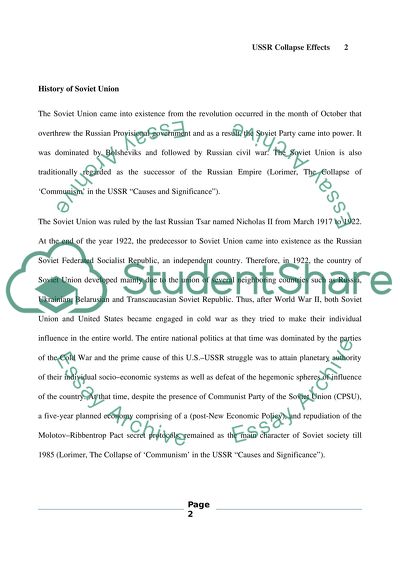Cite this document
(“The reasons for the fall of Communism and the USSR Essay”, n.d.)
Retrieved from https://studentshare.org/history/1484104-the-reasons-for-the-fall-of-communism-and-the-ussr
Retrieved from https://studentshare.org/history/1484104-the-reasons-for-the-fall-of-communism-and-the-ussr
(The Reasons for the Fall of Communism and the USSR Essay)
https://studentshare.org/history/1484104-the-reasons-for-the-fall-of-communism-and-the-ussr.
https://studentshare.org/history/1484104-the-reasons-for-the-fall-of-communism-and-the-ussr.
“The Reasons for the Fall of Communism and the USSR Essay”, n.d. https://studentshare.org/history/1484104-the-reasons-for-the-fall-of-communism-and-the-ussr.


